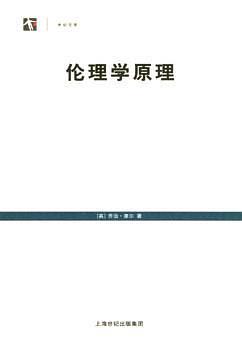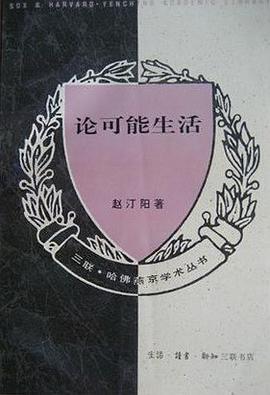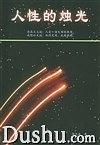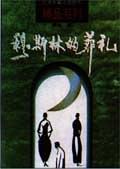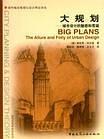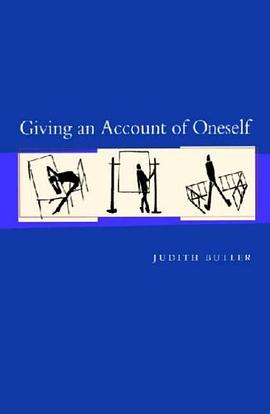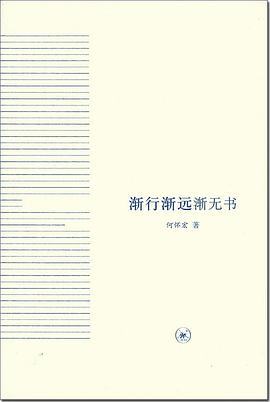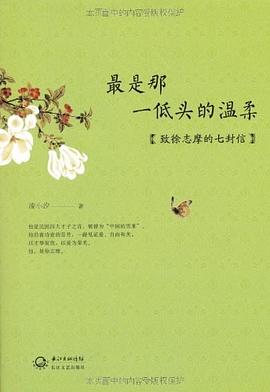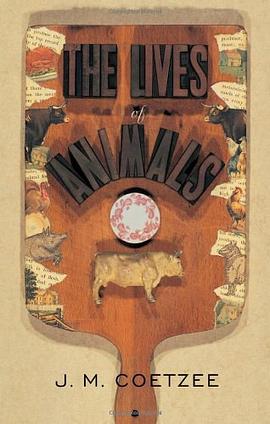

具體描述
The idea of human cruelty to animals so consumes novelist Elizabeth Costello in her later years that she can no longer look another person in the eye: humans, especially meat-eating ones, seem to her to be conspirators in a crime of stupefying magnitude taking place on farms and in slaughterhouses, factories, and laboratories across the world. Costello's son, a physics professor, admires her literary achievements, but dreads his mother's lecturing on animal rights at the college where he teaches. His colleagues resist her argument that human reason is overrated and that the inability to reason does not diminish the value of life; his wife denounces his mother's vegetarianism as a form of moral superiority. At the dinner that follows her first lecture, the guests confront Costello with a range of sympathetic and sceptical reactions to issues of animal rights, touching on broad philosophical, anthropological, and religious perspectives. Painfully for her son, Elizabeth Costello seems offensive and flaky, but - dare he admit it! - strangely on target. Here the internationally renowned writer J. M. Coetzee uses fiction to present a powerfully moving discussion of animal rights in all their complexity. He draws us into Elizabeth Costello's own sense of mortality, her compassion for animals, and her alienation from humans, even from her own family. In his fable, presented as a Tanner Lecture sponsored by the University Center for Human Values at Princeton University, Coetzee immerses us in a drama reflecting the real-life situation at hand: a writer delivering a lecture on an emotionally charged issue at a prestigious university. Literature, philosophy, performance, and deep human conviction - Coetzee brings all these elements into play. As in the story of Elizabeth Costello, the Tanner Lecture is followed by responses treating the reader to a variety of perspectives, delivered by leading thinkers in different fields. Coetzee's text is accompanied by an introduction by political philosopher Amy Gutmann and responsive essays by religion scholar Wendy Doniger, primatologist Barbara Smuts, literary theorist Marjorie Garber, and moral philosopher Peter Singer, author of Animal Liberation. Together the lecture-fable and the essays explore the palpable social consequences of uncompromising moral conflict and confrontation.
著者簡介
圖書目錄
讀後感
库切认为人类杀害和食用动物的行为是一种错误甚至邪恶。他的论据是什么呢?他的论据是那些论证杀害动物是正当行为的人的理由是站不住脚的。那么问题来了,别人的论据有问题,是否就能证明,别人所识图证明的东西就一定是错的呢?不一定。 库切很不满意笛卡尔把动物称作活的机器...
評分约翰•库切受邀参加普林斯顿大学1997-98年度的特纳系列讲座(Tanner Lectures),特纳讲座向来旨在探讨与人类价值相关的学术与科学问题。而库切还是操起他的本行和一向令人捉摸不定的文风,将严谨的学术演讲转变为一篇极具张力和戏剧性的小说《动物的生命》:伊丽莎白•科...
評分约翰•库切受邀参加普林斯顿大学1997-98年度的特纳系列讲座(Tanner Lectures),特纳讲座向来旨在探讨与人类价值相关的学术与科学问题。而库切还是操起他的本行和一向令人捉摸不定的文风,将严谨的学术演讲转变为一篇极具张力和戏剧性的小说《动物的生命》:伊丽莎白•科...
評分书中体现了这样一种思考,其中既包含了对于激进的动物权利主义运动批判性反思,又包含着对于人类中心论的深深质疑。如果动物可以被视为于人类平等的主体性存在,那植物(甚至细菌、微生物等)为什么就不可以?“没有什么能够妨碍我们设身处地地去为另一个生命着想”,同动物一...
評分书中体现了这样一种思考,其中既包含了对于激进的动物权利主义运动批判性反思,又包含着对于人类中心论的深深质疑。如果动物可以被视为于人类平等的主体性存在,那植物(甚至细菌、微生物等)为什么就不可以?“没有什么能够妨碍我们设身处地地去为另一个生命着想”,同动物一...
用戶評價
痛苦糾結的動物權利。。
评分The Coetzee turn. 對所謂以logical reasoning為中心的哲學的critique,對Cartesian problematic的critique。強調sympathetic imagination的延伸。那麼問題來瞭,放棄理性的界限在哪兒以及empathy的界限又在哪兒?沒有瞭理性沒有瞭從人類自身conception齣發的Costello最後隻能崩潰。或者用Diamond的話,Costello經曆的是一種無法用語言capture和conceptualize自身經曆的痛苦。
评分糾結的動物權利。。
评分Costello沒有給答案 一句呼喊丟到瞭虛無中好像什麼也沒改變 但可能是有的
评分The Coetzee turn. 對所謂以logical reasoning為中心的哲學的critique,對Cartesian problematic的critique。強調sympathetic imagination的延伸。那麼問題來瞭,放棄理性的界限在哪兒以及empathy的界限又在哪兒?沒有瞭理性沒有瞭從人類自身conception齣發的Costello最後隻能崩潰。或者用Diamond的話,Costello經曆的是一種無法用語言capture和conceptualize自身經曆的痛苦。
相關圖書
本站所有內容均為互聯網搜索引擎提供的公開搜索信息,本站不存儲任何數據與內容,任何內容與數據均與本站無關,如有需要請聯繫相關搜索引擎包括但不限於百度,google,bing,sogou 等
© 2025 book.quotespace.org All Rights Reserved. 小美書屋 版权所有

